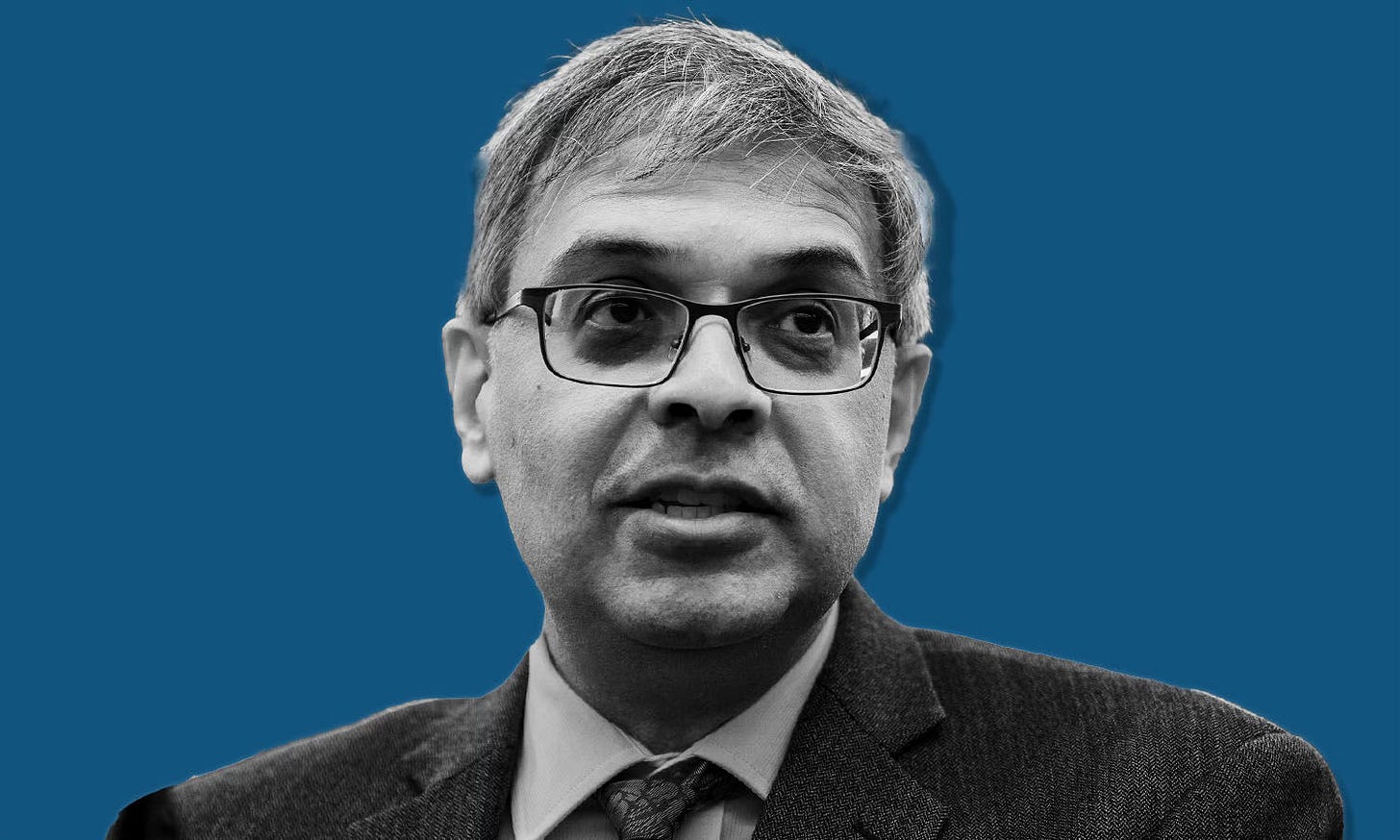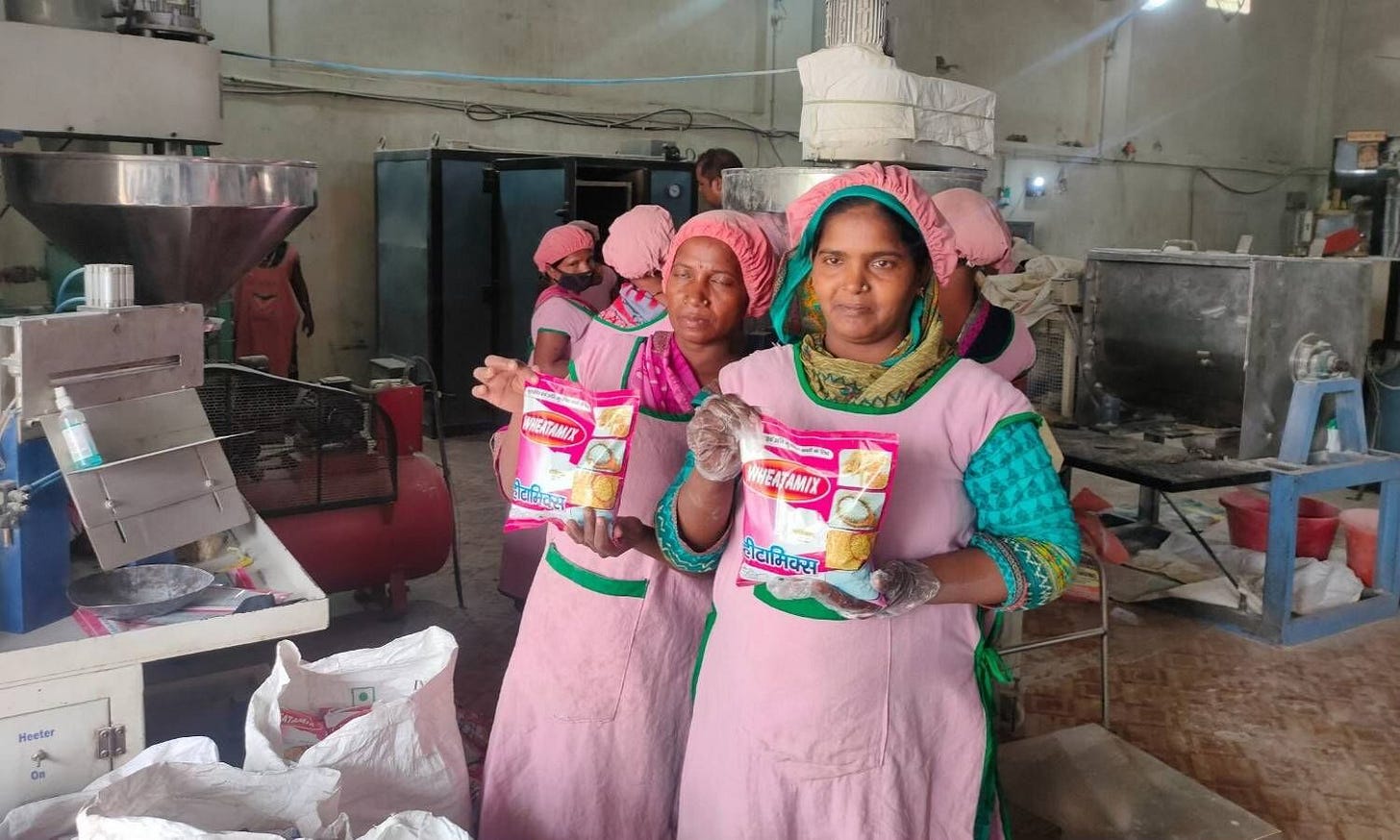Microplastics: The tiny killers
Also this week, the health effects from breathing polluted air, and how Bihar is looking to attract big business
Microplastics have emerged as a pervasive environmental and health threat, with current estimates suggesting that 10-40 million tonnes enter the environment annually—a figure that could double by 2040.
These tiny particles, at 5 mm, smaller than a grain of sand, have infiltrated every conceivable ecosystem, from the peak of Mount Everest to the depths of our oceans and everything in between, and are now ubiquitous in human bodies. Recent research has documented their presence in breast milk, blood, organs, and even the brain, raising serious health concerns including the risks of organ dysfunction and even cancer.
India has begun addressing this crisis through FSSAI's initiative to analyze micro and nanoplastic contamination in food. Recent studies by Toxics Link reveal widespread contamination in everyday Indian consumables like salt and sugar, with smaller particles (0.1-1mm) being particularly prevalent. The challenge is formidable: while we can reduce exposure through measures like avoiding plastic packaging, the already prevalent environmental contamination appears virtually impossible to reverse, creating a dangerous legacy that will persist for generations, GBSNP Varma reports.
Why India Needs to Act Decisively On Microplastics
The Clear and Present Danger of Air Pollution
Dr Arvind Kumar, thoracic surgeon and chairman of Medanta Medicity's lung transplant division, speaks of the devastating impact of India's air pollution crisis in this interview with Nushaiba Iqbal. Kumar emphasizes that no one who draws breath today is immune to pollution's effects, though pregnant women, children, the elderly, and those with pre-existing conditions face heightened risks.
The statistics Dr Kumar reveals are scary: air pollution, containing 70 known carcinogens, mirrors cigarette smoke in its toxicity, he says, while detailing its systemic impact across organs, from increasing lung cancer rates among non-smokers to causing premature hypertension, cognitive issues, and reproductive problems. There is, he says, no chance of reversibility—once you breathe polluted air and damage occurs, it is permanent.
Dr Kumar exposes the futility of individual protective measures against air pollution, and emphasizes that systemic prevention, not personal protection, is the only viable solution to India's accelerating public health crisis.
India Could See An Epidemic of Lung Cancer
NIH director-designate Jay Bhattacharya argues against "lives for livelihoods"
Last week, United States President-elect Donald Trump named Indian American physician and Stanford University professor Jayanta (Jay) Bhattacharya to lead the National Institutes of Health. Bhattacharya had, during peak Covid in 2021, opposed lockdowns and mask mandates, earning considerable notoriety in some quarters as a result.
In this April 2020 interview, Bhattacharya presents a nuanced challenge to early pandemic lockdown policies, weaving together medical expertise with economic analysis. The co-author of a controversial Santa Clara antibody study, Bhattacharya hypothesized that Covid-19 infections were potentially 50-85 times more widespread than confirmed cases suggested, drawing parallels to similar patterns observed in the 2009 H1N1 epidemic.
The conversation pivots around Bhattacharya's call for widespread seroprevalence testing to inform policy decisions, and his argument that lockdown measures, while effective at slowing viral spread, carried devastating human costs through global economic depression. His framing rejects the "lives versus livelihoods" dichotomy, instead positioning it as "lives for lives"—weighing Covid deaths against poverty-induced mortality.
This interview with IndiaSpend founder Govindraj Ethiraj carries historical weight as it captures a pivotal moment in early pandemic policy debates, and presents an alternative framework for assessing public health interventions that would later influence global discussions about pandemic response strategies.
Why NIH director-designate Opposed Covid Lockdowns
On Bihar's Bid to Attract Big Business
In IndiaSpend's Hindi edition, we look at Bihar Chief Minister Nitish Kumar's ongoing bid to attract big business through the slogan of "good governance". But for all the schemes and governmental outreach program, the question is whether Bihar is able to successfully put to rest its reputation as India's least attractive business destination, and to turn its economy around. Rahul Kumar Gaurav reports on the ground reality






